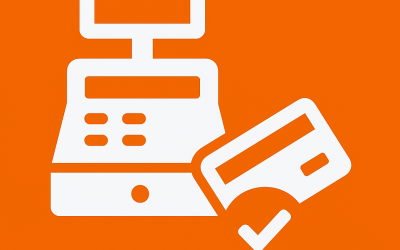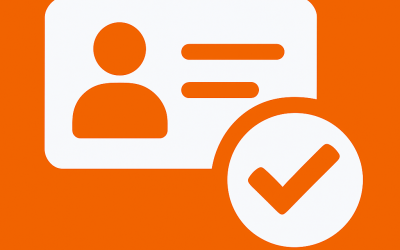A Central Hub for Service Tasks
Service tasks often exist in the background of day-to-day operations — things like equipment servicing, restocking, room resets, or customer repairs. Without a reliable system, these jobs tend to live in scattered notes, memory, or disconnected tools, making it easy for things to be missed or duplicated. The Service Queue Module replaces this with a unified space for managing all service requests. Every job enters a centralized list, complete with priority, due date, category, and optional notes, making it easy for staff to see what needs doing and when.
From Request to Completion — Tracked and Transparent
Requests can come from either staff or clients, depending on how the system is configured. Once submitted, tasks can be claimed, marked in progress, annotated, or completed — with each step logged. This brings accountability to the process and ensures nothing slips through the cracks. In environments where staff rotate or hand off responsibilities, this visibility is key to maintaining continuity and avoiding repeated or unfinished work.
Automated Notifications and Customer Updates
For customer-facing services — like equipment repairs or item pickup — the system can notify clients automatically when jobs are complete, delayed, or require attention. This reduces inquiries at the front desk and gives clients clear expectations without manual follow-up. On the staff side, scheduled reminders and real-time alerts help keep task flow smooth, especially in busy or multi-department operations.
Flexible Structure for Any Type of Task
The queue isn’t limited to a single kind of service. It can manage anything from maintenance requests to rental returns, pre-event setups, or time-sensitive inspections. Categories and rules are fully configurable, so the module adapts to the language and flow of the business, not the other way around. Teams can start with a basic task list and evolve it into a more detailed workflow as needed.
Connected to the Full System
Because it’s part of the Venue Pro platform, the service queue connects seamlessly to other modules. Tasks can be triggered by bookings (e.g. “reset room after session”), linked to POS transactions (e.g. “string racquet”), or included in performance reports. This not only streamlines operations but also turns task patterns into valuable insights — helping facilities anticipate demand and plan staffing more effectively over time.


